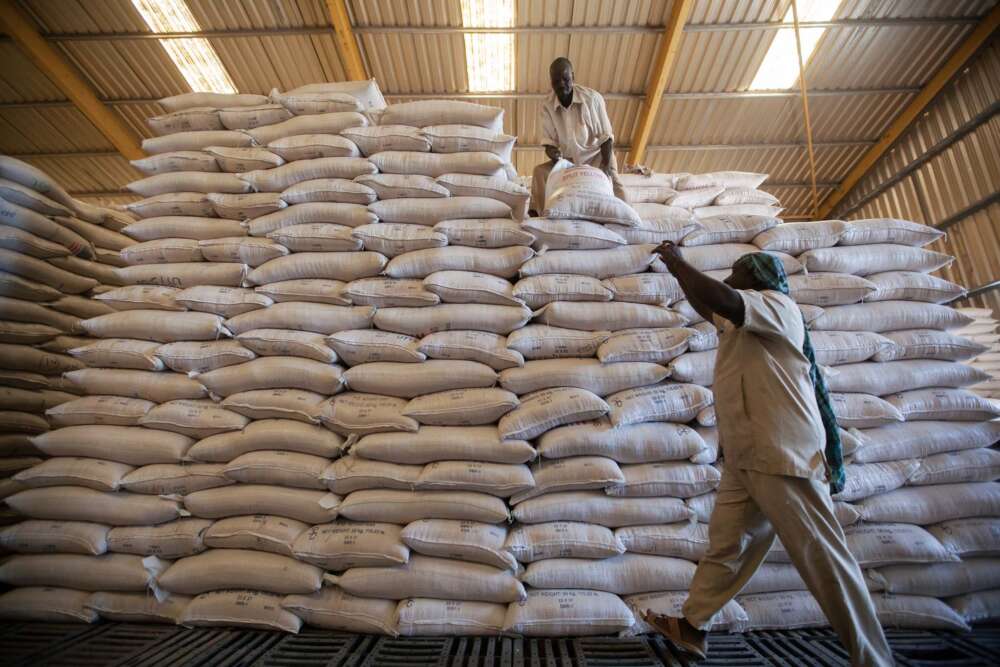New Approaches for Extractive Resource Governance in Africa

The African Union’s Agenda 2063 outlines a clear vision for structural socio-economic transformation on the continent. The idea is that through better mobilization of Africa’s minerals and energy resources, the continent will be able to promote accelerated industrialization, efficient and environmentally sustainable energy use, as well as the integration of Africa’s regional markets and infrastructure, among other objectives. To this end, the Agenda 2063 broadly re-endorsed in 2009 the goals of the African Mining Vision (AMV), which aims to promote the “transparent, equitable and optimal exploitation of mineral resources to underpin broad-based sustainable growth and socio-economic development.”
For the objectives of the Agenda 2063 and the African Mining Vision to be achieved, obstacles to effective dialogue on extractive sector transformation in Africa must be addressed. In particular, this includes:
- The lack of effective linkages between extractive activities and broader social and economic visions.
- Weakness in intra-African and broader global dialogues in leveraging the extractive sector for transformative win-win outcomes.
- The lack of balanced and inclusive dialogue.
- The absence of joint and reciprocal responsibilities among communities and mining companies.
With increasing pressure from citizens and civil society organisations for greater equity in the use of extractive proceeds as well as the need for economic diversification, these issues need to be tackled head on. The potential dividends of getting extractive governance right are significant. They include moving a whole sector towards a more sustainable development path as well as mobilizing the effective contribution of all the stakeholders to development finance in Africa. Unless these issues are addressed, African countries will be unable to create extractive industries that deliver development dividends in mining communities and generate broader benefits to society.
However, progress cannot be achieved by governments alone. Shared undertakings that involve governments, the private sector and communities as equal stakeholders are required to design more strategic governance initiatives that can ensure more effective resource governance in Africa. Forging these multi-level partnerships based on the principles of respect and reciprocity, open communication and upfront clarification of expectations are needed.
…







